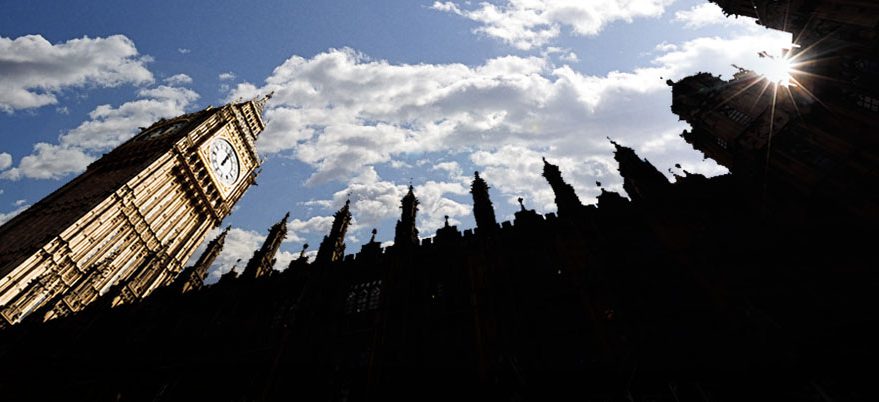|
Getting your Trinity Audio player ready...
|
The UK House of Lords has published a report recommending further research into implementations of the blockchain across government, citing a number of opportunities for improved government services.
The upper, advisory house of the UK Parliament published its findings as part of a series of recommendations to the House of Commons, highlighting government functions across a range of departments that could benefit from greater adoption of blockchain and distributed ledger technology (DLT).
Among the sectors flagged in the report were healthcare, homeland security, cybersecurity, immigration and customs, with the House of Lords panel pointing to DLT’s potential to deliver better services throughout government.
In the report’s foreword, Lord Christopher Holmes described how a closer adoption of distributed ledger technologies could help the UK remain a world player in innovation in government.
“Our working hypothesis is that DLT can play a valuable part in enhancing the delivery of government services to the citizens of the U.K., in securing the U.K.’s competitive position as a global leader in technology-based innovation and in protecting the security of government and citizens; data at a time when both are increasingly under threat,” according to the report.
The report went further, suggesting that “greater leadership” was required from government to drive forward research, development and testing of practical models and use cases.
While the report’s recommendations reflected a generally positive outlook on blockchain, the authors noted some potential issues threats, including the relatively new nature of the technology, which the report described as “immature.”
The report also specifically addressed the risks around ICOs, or initial coin offerings, and warned that there were still further “unresolved issues” with the technology to be ironed out.
The House of Lords has previously expressed some reservations about the potential impact of blockchain technology. Back in 2016, a committee discussion on blockchain technology flagged similar issues, particularly in relation to the technology’s impact on the finance sector and wider government functions.
Nevertheless, the report represents a more positive outlook from the House of Lords. If adopted, the proposals could see further implementation of blockchain technologies across government, albeit this would require approval from the House of Commons, and possibly legislation at a future date.

 02-24-2026
02-24-2026 




